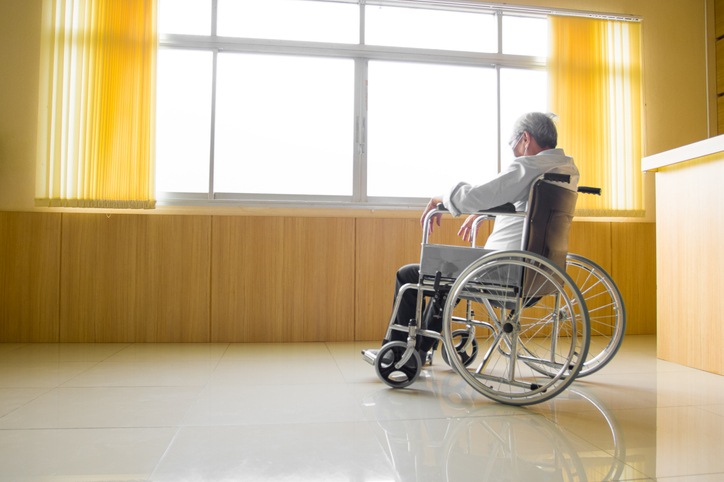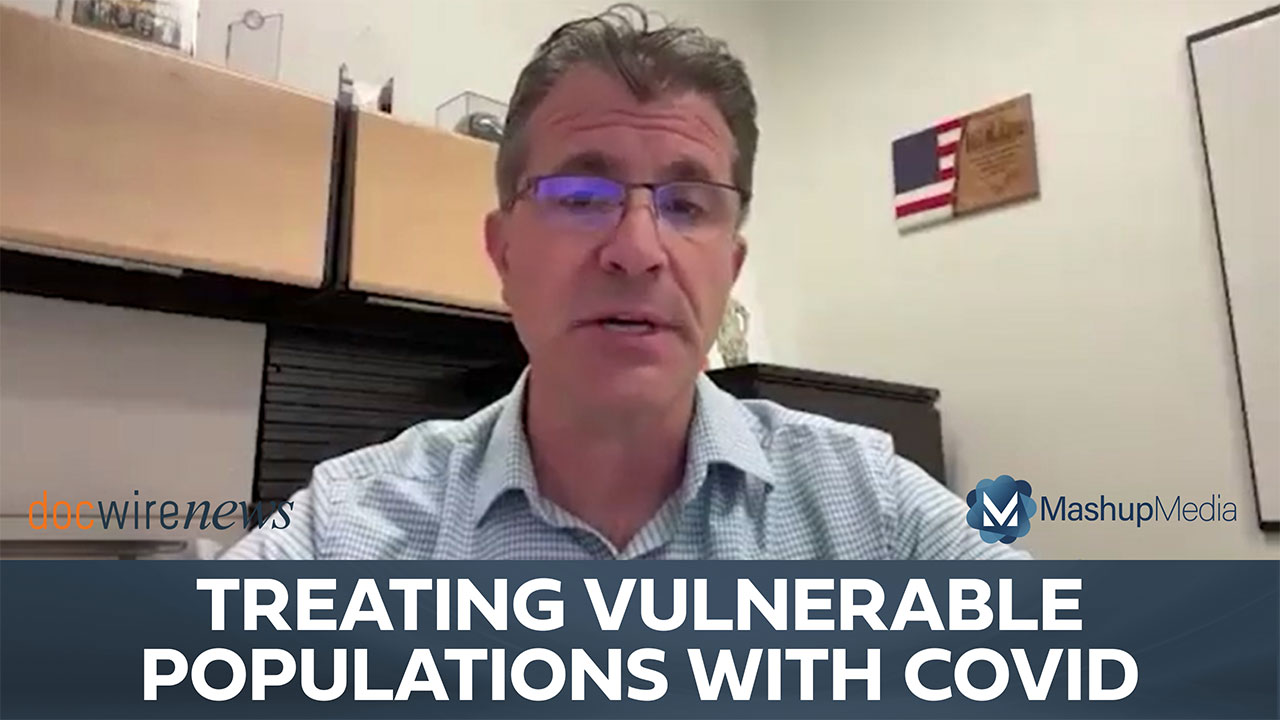
Delays in cancer surgery can increase the risk for adverse events, including mortality. However, the COVID-19 pandemic led to delays in or missed episodes of care or surgeries—not only elective orthopedic surgeries, but cancer treatments and surgeries as well. Cancer patients are immunocompromised and at greater risk of sustaining serious complications of COVID-19 if they contract the disease, making safety significantly more important for this population. A study reported on the outcomes of patients who underwent surgery to treat bone and soft tissue tumors (BST) in the UK during the pandemic.
From March 12 through May 12, 56 patients (median [range] age, 57 [18–87] years) underwent BST surgery at one of two sites: the index hospital (n=27), a UK-based tertiary BST center, and a COVID-free facility (n=29). Just under half of patients (n=25; 44.6%) were aged >60 years, and a little more than a third (n=20; 35.7%) had an American Society of Anesthesiologists (ASA) grade III or IV. Patients were followed for at least 30 days after surgery.
Nearly all patients were recovering well at follow-up (n=54; 96.4%). Postoperative complications presented in 13 patients (23.2%), four of whom (7.1%) developed pulmonary embolism. Two patients developed minor complications; the remaining patients had major complications. Among the 13 patients who sustained complications, all but one (92.7%) occurred in patients with an ASA grade III or IV. Four patients (7.1%) developed COVID-19, three of whom sustained pulmonary complications necessitating escalation of care; two patients died. Complications were significantly less likely to occur in patients aged <60 years compared to those aged >60 years (P<0.001), as well as in patients treated at the COVID-free facility versus those treated at the index hospital (P<0.027).
The study was published in International Orthopaedics.
The researchers concluded that while performing BST surgery during the pandemic may yield “promising outcomes,” it is not without the risk of patients developing COVID-19, which could prove to be deadly. They recommended the use of a COVID-free facility to treat patients with lower ASA grades and younger age, adding that delaying surgery may be an option for patients with ASA grades III and IV and who are aged >60 years.







 © 2025 Mashup Media, LLC, a Formedics Property. All Rights Reserved.
© 2025 Mashup Media, LLC, a Formedics Property. All Rights Reserved.